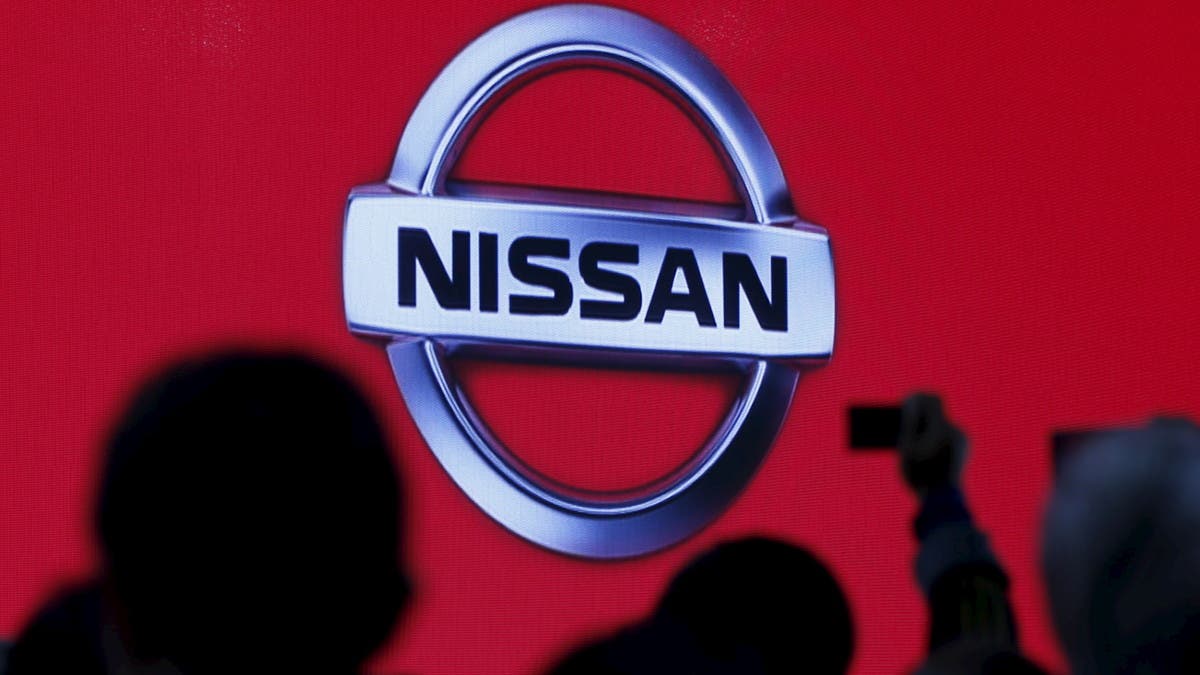Nissan on Tuesday hiked its annual net profit forecast again on strong interim results, aiming to weather the global chip shortage as it shifts focus to electric vehicles.
The Japanese car giant now expects yearly net profit to March 2022 of 205 billion yen ($1.77 billion), having already tripled its annual profit outlook in November to 180 billion yen.
Its results have been boosted by a weaker yen, and the optimistic outlook comes despite a semiconductor shortage that has battered automakers and which analysts warn may take longer than expected to resolve.
For the latest headlines, follow our Google News channel online or via the app.
“Although the sales volume forecast for fiscal 2021 remains unchanged at 3.8 million units, the severe semiconductor shortage and the increase of COVID-19 infections due to the spread of the Omicron strain are affecting plant operations,” the company said in a statement.
“Despite these challenges, Nissan has revised upward its full-year outlook due to further improvement in performance due to the enhancement of quality of sales and cost optimization, ongoing depreciation of the yen and a review of the impact of rising raw material prices.”
It follows several difficult years for Nissan, which has faced trials including weak demand and the fallout from the arrest of former boss Carlos Ghosn.
The car giant reported a net profit of 201.3 billion yen in April-December 2021, compared with a net loss of 367.7 billion yen in the same period the previous year, when virus lockdowns hit the auto industry hard.
It also saw a year-on-year increase in revenue during the nine-month period, although revenue in the third quarter was slightly down at 2.2 trillion yen.
Nissan said its nine-month results were boosted by “favorable market conditions in the United States” and improvement in the “quality of sales in each market.”
This led to “a significant increase in net revenue per unit of major, new models,” while profit also improved “thanks to financial discipline and strict control of fixed costs.”
Satoru Takada, an auto analyst at research and consulting firm TIW, told AFP ahead of Tuesday's results that a good sales environment had allowed Nissan to avoid big discounts.
“What remains to be seen is whether it can stay competitive in the long run, especially once rival companies start using more incentives,” he said.
But Takada warned that the semiconductor situation “might take longer than expected” to improve as companies in different industries compete for the essential components.
Last month, Nissan and its alliance partners Renault and Mitsubishi Motors pledged to boost cooperation as they plough more than $25 billion into the development of electric vehicles over the next five years.
Some of the headline figure had already been announced by each company, but it marks the first concrete target set collectively by the trio since the reorganization of top executives at Nissan and France's Renault.
That restructuring was triggered by the saga surrounding the 2018 arrest of Ghosn, which exposed rifts in the alliance.
Read more:
Global carmakers now target $515 billion for EVs, batteries
Nissan asks Tokyo court for leniency over Carlos Ghosn charges
Carlos Ghosn can’t wait to sell Renault shares after Nissan exit


 World3 years ago
World3 years ago
 World3 years ago
World3 years ago
 Business1 year ago
Business1 year ago
 Entertainment7 years ago
Entertainment7 years ago
 World7 years ago
World7 years ago
 Entertainment7 years ago
Entertainment7 years ago




